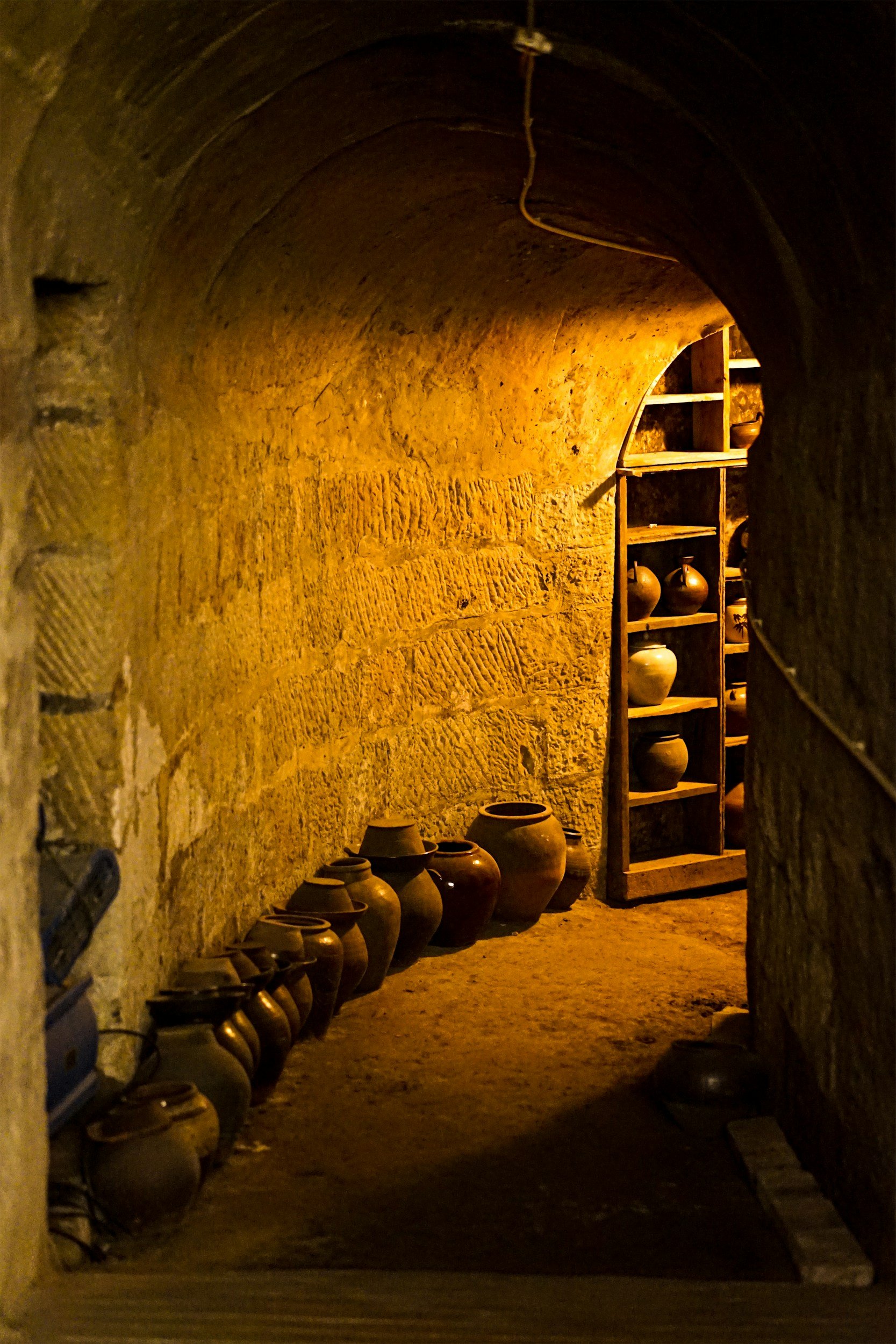If You Secretly Despise Wealth, It Will Elude You
"Understand that ethical wealth creation is possible. If you secretly despise wealth, it will elude you." - Naval.
Your Relationship with Wealth Shapes Your Financial Reality
Having wealth is like having a relationship — if you harbor resentment toward it, you won’t get close enough to enjoy it. Some people secretly despise wealth without even realizing it. They might see rich people as greedy, associate money with corruption, or feel that wealth creation conflicts with being "good" or "spiritual." But here's the catch: If you view wealth with suspicion or negativity, it will slip through your fingers.
To attract wealth, you must first change how you think and feel about it. Ethical wealth creation is not only possible but necessary for personal and communal progress. Money, at its core, is a tool — neither good nor bad. What matters is how it’s earned and what you do with it.
Let’s explore this concept further by taking a look at the ways our subconscious beliefs can keep us stuck financially and how shifting our mindset can lead to prosperity.
Why Do People Despise Wealth?
Many of us grew up hearing messages like:
“Money is the root of all evil.”
“Rich people are selfish.”
“If you have too much, you must have taken from someone else.”
These messages embed themselves in our psyche. Without even realizing it, we might feel shame at the thought of pursuing wealth or believe that accumulating it makes us a bad person. But these assumptions are most likely based on faulty thinking and ignore the truth that money is a neutral tool.
The problem isn’t wealth itself — it’s when wealth is accumulated unethically or without care for others. However, there are countless ways to build wealth while remaining ethical, generous, and kind.
The Reality of Ethical Wealth Creation
Let’s reframe wealth: Instead of seeing it as something to chase or despise, think of it as energy that flows to those who solve meaningful problems and provide value.
Money is a byproduct of solving problems. If you help enough people meet their needs, wealth naturally follows.
Wealth is not limited. It’s not a pie with a fixed number of slices. If you create something new — a product, a service, or even an idea — you generate new value.
Wealth amplifies who you already are. If you are kind, money will allow you to do more good. If you are selfish, it will simply highlight those qualities. But money itself is not to blame.
So the question becomes: Are you willing to accept wealth as a tool to improve your life and the lives of others?
How Secret Beliefs Block Wealth Creation
You might think, “I don’t despise wealth!” But subconscious beliefs are tricky. Consider if any of these thoughts ever pop into your mind:
“I don’t care about getting rich; I just want to be comfortable.”
“It’s greedy to want more when I already have enough.”
“People who get rich must cut corners or take advantage of others.”
These thoughts create mental roadblocks that make it hard to pursue financial success with enthusiasm. If you feel guilt or shame about wealth, you’ll unconsciously sabotage yourself.
You might avoid opportunities that could increase your income.
You might downplay your abilities and accept less than you deserve.
You might never ask for help or mentorship because deep down, you don’t believe you’re “worthy” of financial success.
How to Shift Your Wealth Mindset
Acknowledge Your Beliefs: Take a moment to reflect — What do you really think about money? Do you believe it can coexist with kindness, generosity, and integrity? Be honest with yourself, even if uncomfortable ideas come up.
Redefine Wealth: Instead of seeing wealth as purely material, think of it as freedom, opportunity, and security. Wealth gives you the ability to help loved ones, invest in communities, and pursue dreams. It’s a force for good in the right hands.
Practice Gratitude for Abundance: Shift your focus to what you already have. Gratitude opens your mind to more opportunities and reduces fear of scarcity. When you see the world as abundant, you’ll feel more comfortable receiving wealth.
Surround Yourself with Positive Money Role Models: Find examples of people who have built wealth ethically and used it to uplift others. Learn from them and let their stories inspire you. Wealth built with integrity is not only possible — it’s necessary for sustainable success.
Wealth Is an Opportunity, Not a Burden
Building wealth is about creating opportunities — for yourself, your family, and your community. Think of the impact you could have if you didn’t have to stress about money. How much more could you contribute to the world if your basic needs were met and you had the freedom to pursue meaningful projects?
Wealth gives you options — the option to give back, to build something lasting, to support others, and to live on your own terms.
A Challenge for You
Here’s your challenge: Rewrite your money story. Take a pen and paper, and answer these questions:
What are three positive ways wealth could improve your life?
How can you create value for others in a way that aligns with your values?
What steps can you take today to develop a healthier relationship with money?
Once you’ve written your answers, commit to one small action that reflects your new wealth mindset. You could create a budget, start a side hustle, or reach out to a mentor — take that first step.
Final Thoughts
If you secretly despise wealth, it will always feel out of reach. But if you can reframe your beliefs and stay open to the idea of ethical wealth creation, you’ll open the doors to greater opportunities and success. Being wealthy can help you shape the life you want and make a difference in the world.
It’s time to let go of old money myths and become comfortable with the idea that you deserve to thrive. Now go out there, create value, and build a future you can be proud of.





























